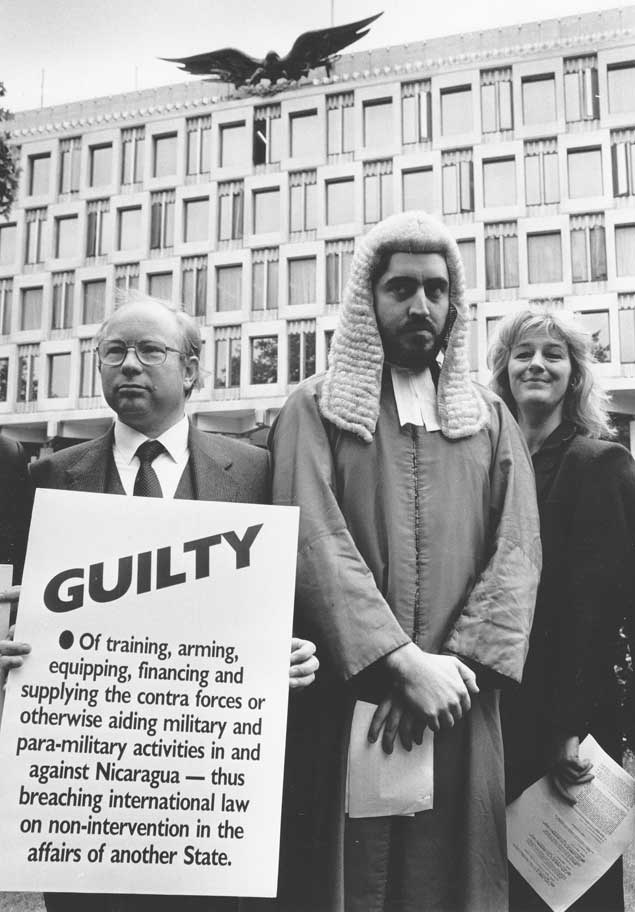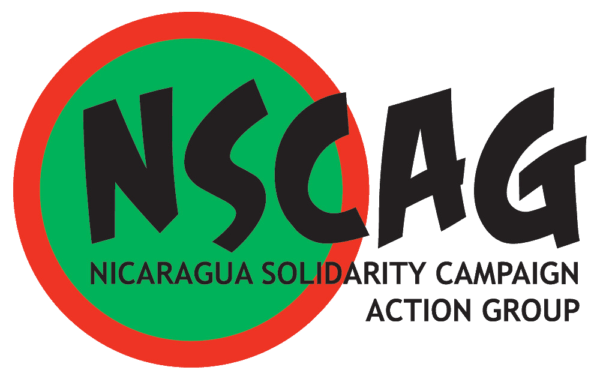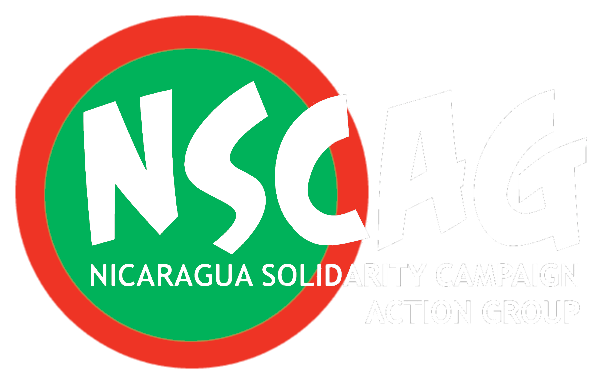Nicaragua Solidarity Campaign Action Group
30 June 2023
A day in the life of an NSC building brigade, 1984

The first NSC brigade spent four months working on a school building project, part of the Sandinista government’s rural education programme. During the time the brigade was in Nicaragua the Sandinistas won free and fair elections.
Despite this the full force of the Reagan administration military, economic and political war on Nicaragua continued with support from the Thatcher government.
In 1986 the International Court of Justice (ICJ) ruled the US war on Nicaragua illegal under international law, a verdict the US refused to accept arguing that the ICJ had no right of jurisdiction on the case
The US, to this day, owes Nicaragua $US17 billion in compensation, a miniscule recognition of the suffering caused by terrorists acts committed over the course of a decade in communities such as the one the brigade worked with.
—————————————————————————————————————————————————————————————————————————-
Corazon Magico (Magic Heart), the latest hit in the Nicaraguan charts, crackles forth from Radio Sandino followed by a government jingle about increasing cotton production.
It’s 5am and all life begins to stir in the community of Santa Paula in the middle of a vast expanse of cotton fields where we are staying.
Candida, the mother of the family shouts ‘Levantate, levantate,’ to 11-year-old Gregorio and seven-year-old Ediberto. Six days a week they go off to pick the cotton: their wages are a vital supplement to the family’s meagre income.
Candida, who has little patience with unreliable men, berates Santi, an older man who lives in the house. He forgot to pick up our rations of beans, rice, maize and sugar from the distribution centre yesterday, unforgiveable in Candida’s eyes.
As it starts to get light at 5.30am, the tractor and trailer arrive to take the workers off to pick cotton. It’s the hottest part of the dry season and the scorched, treeless plain is like a giant furnace. The workers are well protected against the spiky, scratchy cotton, sprayed with defoliant to make picking easier; it’s tough, exhausting, dusty work.
Meanwhile, our eight-person brigade together with our Nicaraguan supervisor continues our work building a school. Julian is seen disappearing into a field with a spade and some balls of cotton – OK as a toilet paper substitute – except if you forget to remove the seeds!
After three month’s work the school is beginning to look more like a building and less like a satellite tracking station. At 9am we have a welcome break for coffee, grapefruit, and mangos. We chat with the Nicaraguans, coining adaptations of Nicaraguan and English proverbs: a garobo (iguana) in the hand is worth two in the tree is one of the better ones.
There follows a long discussion about water for mixing the cement. There is an acute shortage of fuel and spare parts because of US sanctions. , so no tractor and trailer are available to get water from the river. Constant invention is a necessity. We half fill a barrel of water from a well, put it on some planks on a wheelbarrow…and hold our breath.
By this time the wind is blowing up fine powdery dust with occasional whirlwinds sending plumes of topsoil into the air. We clean the cement out of the wheelbarrow, place a mattress and a six month old baby on it….and Carlos goes off happily for his daily wheelbarrow ride.
Later, we return to our Nicaraguan families where the children are drawing water from the well, collecting firewood, and dragging the reluctant pig to its sleeping place in the kitchen. One of their favourite tasks is topping up bottles of diesel and lighting the rag stuffed into the bottle. These bombas are the family’s only source of light.
Towards sunset the children gather for a game of baseball using a small branch from a tree and an old sock stuffed with cotton. They manoeuvre around a caterpillar tractor that ground to a halt a couple of years ago and has not moved since, another victim of the US war on Nicaragua.
After a supper of beans, rice, boiled bananas and iguana, the sun quickly goes down and we all sit outside in the coolness and tranquillity of the evening, chatting, playing with the children, spotting stars and satellites in the cloudless sky, and discussing the endless suffering caused by the brutal, senseless war.
——————————————————————————————-
For an article about the ICJ case see: https://www.tortillaconsal.com/bitacora/node/2004
———————————————————————————————
This article was first published in NSC’s magazine Nicaragua Now June 2023

